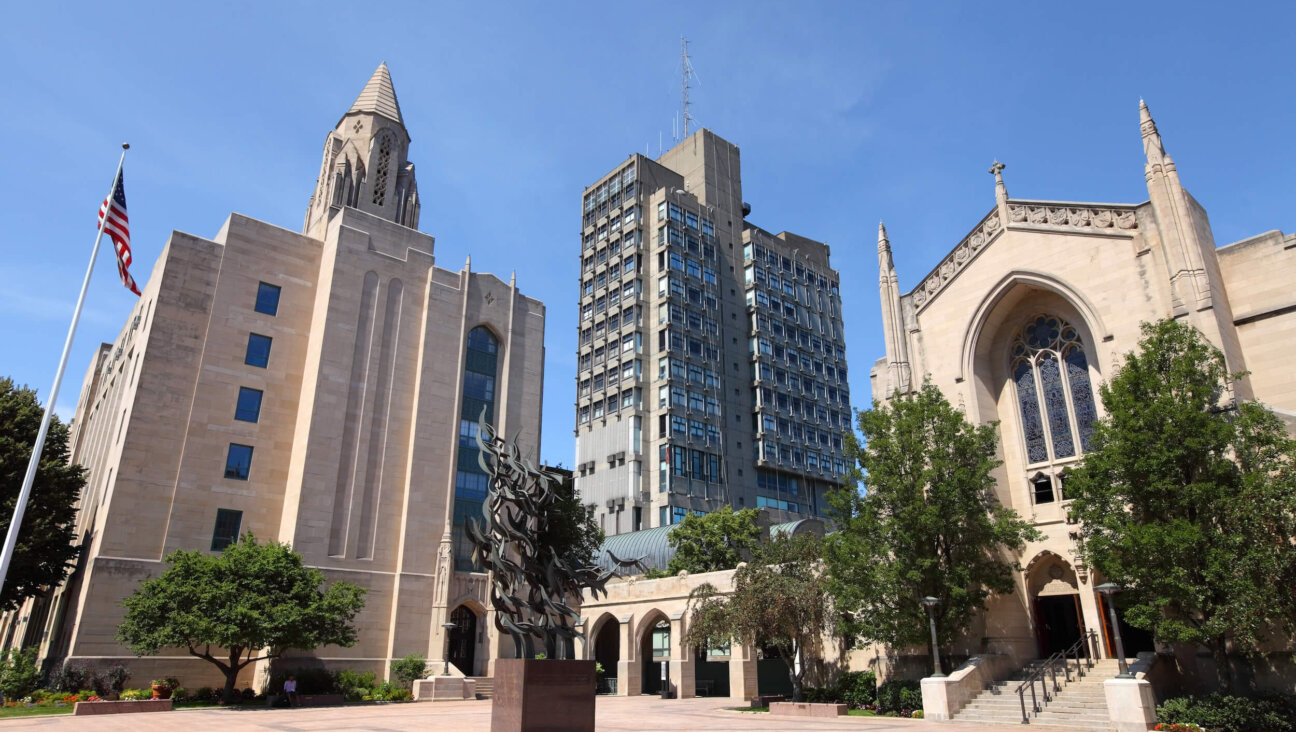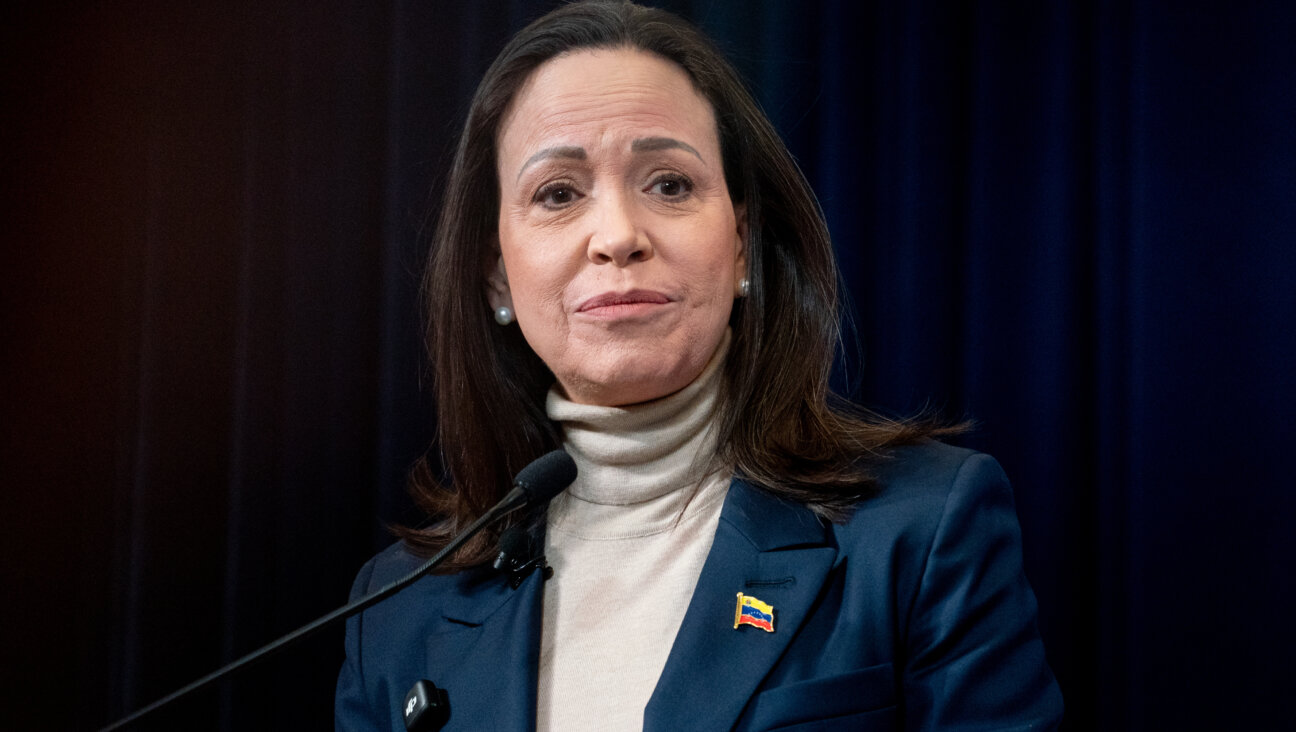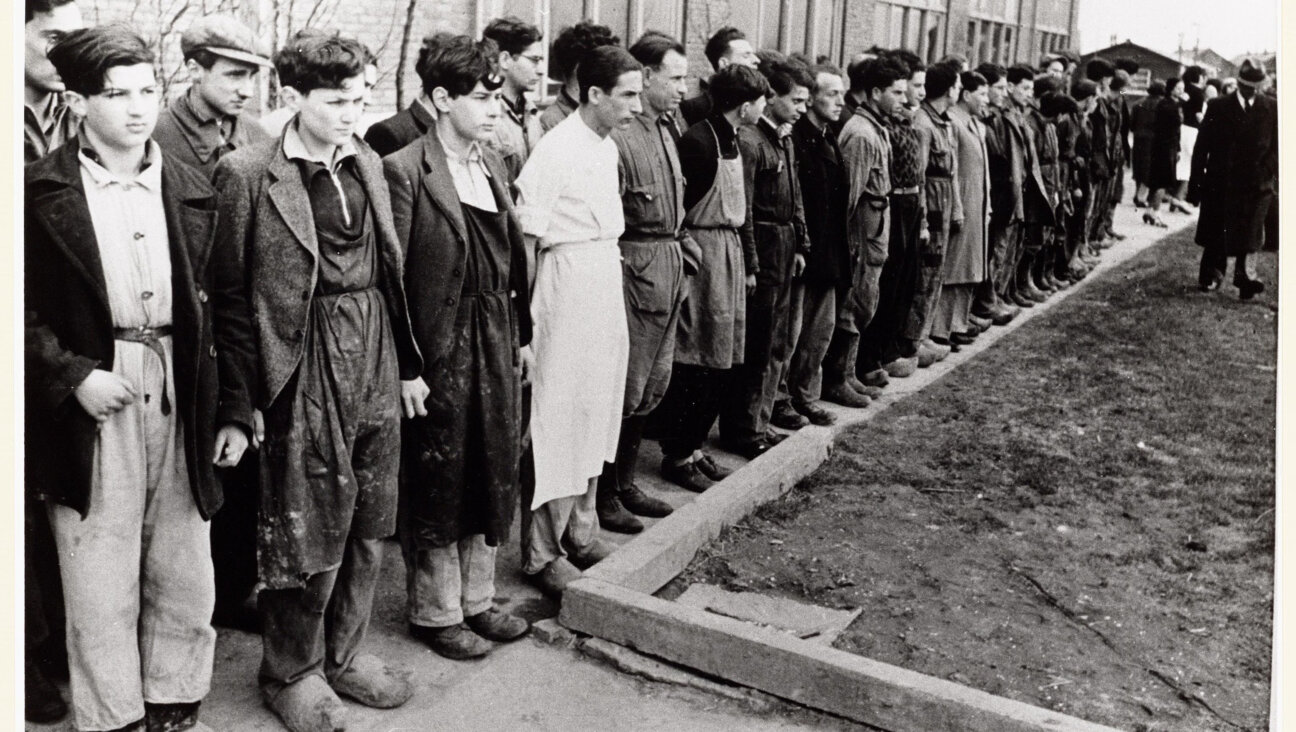For America, a New Beginning
There is neither need nor reason to hold back. This is a moment for celebration.
I set to the side for the moment, as I believe we are entitled to, the challenges that await president-elect Obama. I set to the side, as well, the challenges he put before us, the people, in his victory speech in Grant Park. I want instead to focus on images drawn from this extraordinary moment, the moment when a bitterly contested campaign came, at last, to an end, and when we as a nation, as a people, entered a new time.
Nothing became John McCain more than the grace of his concession speech. Would that he had interrupted those in the crowd who chose to boo the mention of Barack Obama’s name, had told them they were plainly missing the very point his speech so elegantly made. Would, indeed, that he had waged his campaign with even a portion of the graciousness with which he ended it. But in the end, his speech was not only a lesson in generosity, in large-heartedness; it was a lesson in patriotism. John McCain invoked and evoked an America to be proud of, and in his offer to support the new president he earned our respect and admiration. He said more than the occasion required, and we are all in his debt. John McCain: patriot, healer.
During the run-up to Obama’s Grant Park speech, the camera panned widely over the 150,000 people who were gathered there, in a park where, as a student at the University of Chicago, I spent many evenings on a blanket with friends, listening to folk and classical music. Grant Park, where in 1968 the Democratic Party was undone, angry young people in violent confrontation with the Chicago police. And as the camera roamed the throng, it lingered for a long moment on Jesse Jackson, tears streaming down his cheeks. Only a hopeless cynic could think those tears of self-pity, tears for what might have been. No, they were tears because suddenly, transformatively, it is entirely normal to have a president of color.
Jackson was only one of the many people who were teary long before Obama appeared on stage, who became teary from the magnitude of the occasion. Mostly, the great moments of our lives, those moments we will remember all the days of our lives, come upon us unexpectedly. We did not know before he spoke how deeply moving Martin Luther King would be that day in Washington. We did not know the Berlin Wall would be torn down before it was. And, of course, we did not know of the assassinations — the two Kennedys, King and Yitzhak Rabin most prominently — before they tore us apart.
But here, though we did not know, not for sure, that Obama would win, we knew, could not not know, that if he did, we would be witness to a moment we would forever remember, a moment of genuine transcendence, the end of one time and the beginning of another. In the long sweep of history, America’s overture is now completed; the curtain rises. And all of us are on the stage. So, tears.
Some presidents rise to the occasion of their office; one thinks, in particular, of Harry Truman. Some presidents, for good or for ill, are larger than life; FDR, JFK, Johnson. (By that measure, Clinton remains a might-have-been and Reagan probably an actually-was.) I recall a night many years ago, perhaps during Bush I, perhaps during Jimmy Carter, when one of my daughters turned to me and asked, “Why can’t we ever have a good president?” and I realized that some presidents are smaller than life — and also that we must take care to induct our children into the glories of America as well as its glitches.
The glories of America were on brilliant display in Grant Park. Black and white together, young and old together, our nation’s embrace of diversity made real. That was the picture that must most have hit the people who were watching around the world, a picture possible almost nowhere else in the world, the portrait of a country a majority of whose citizens by 2050 or even sooner will be of minority background.
And then at last Obama himself. By now we know the kind of thoughtful and inspiring speech he is capable of giving, and it was that kind of speech he gave. Perhaps the most remarkable thing about it was what Obama chose not to say. The television reporters were almost obsessively preoccupied with Obama as the African-American president-elect. But Obama’s speech in its entirety made little reference to race. Let others, Obama seemed to be saying with his silence on the matter, focus on what it means that this nation has chosen to be led by an African American; I, Obama, have been chosen to lead a nation and to help make it whole. We know the improbability of Obama’s election, given his personal journey; little wonder that he really believes in change, is more interested in foreground than in background.
To his impending labor in the vineyards of the foreground he brings not only the experiences of a most unusual life and the lessons of a brilliant campaign but also the specific skills and habits of a community organizer. Among those skills and habits, listening carefully to others ranks very near the top.
We are those others. And he cannot hear us unless we speak up and out. There is no need to shout, much less to curse. Indeed, Obama made reference to the immaturity of our political discourse, and he got that right. If now we can work to bring out the very best in our new president, we will learn what community organizers already know: We will be bringing out the best in ourselves as well.
Can we do that, finally? Yes, we can.














